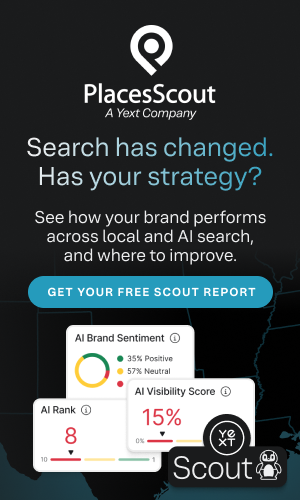Linda Buquet
Member
- Joined
- Jun 28, 2012
- Messages
- 13,313
- Reaction score
- 4,148
So yes, I was correct in the post above. We were unsure for awhile but got confirmation that this already did happen.
However there has been some misinformation and misunderstanding about this.
We've been going back and forth with Google to try to get a better understanding and here's the important difference that was not clear from the original communication (in post #1) from the Business View team.
ALL unverified pages are NOT being deleted. In fact again, the listing data may still show up in search and maps, it's just the G+ pages that will not be visible.
But this ONLY AFFECTS SHELL PAGES. Google calls it a shell page if it's an empty page created by the algo, pulled from 3rd party sources.
Pages created by a person WILL NOT be removed, even if they are unverified.
Here is an explanation Google said I could share.
I asked Google: "So if someone created a listing years ago that was a dupe or they moved, but in either case they deleted it from their dash. It's no longer verified BUT because they originally created the listing, it will stand?"
Google replied:
There has been lots more confusion about this and has taken a lot of emails and going round and round for all of us to understand. So there is more to it, but the quote above is essentially it.
Does that help clarify or raise more questions???
However there has been some misinformation and misunderstanding about this.
We've been going back and forth with Google to try to get a better understanding and here's the important difference that was not clear from the original communication (in post #1) from the Business View team.
ALL unverified pages are NOT being deleted. In fact again, the listing data may still show up in search and maps, it's just the G+ pages that will not be visible.
But this ONLY AFFECTS SHELL PAGES. Google calls it a shell page if it's an empty page created by the algo, pulled from 3rd party sources.
Pages created by a person WILL NOT be removed, even if they are unverified.
Here is an explanation Google said I could share.
I asked Google: "So if someone created a listing years ago that was a dupe or they moved, but in either case they deleted it from their dash. It's no longer verified BUT because they originally created the listing, it will stand?"
Google replied:
Anything not created by a person AND not claimed will be deleted. Pages created by humans will stay.
Example: So if the page was originally created by Kelly (k@gmail.com) and she deletes it in her dash, it will stay in the local pack.
If however, there was already a shell page on Maps for her business and she simply claimed that page when she verified, the page will be deleted (because its unowned and was created by 3rd party data).
There has been lots more confusion about this and has taken a lot of emails and going round and round for all of us to understand. So there is more to it, but the quote above is essentially it.
Does that help clarify or raise more questions???




